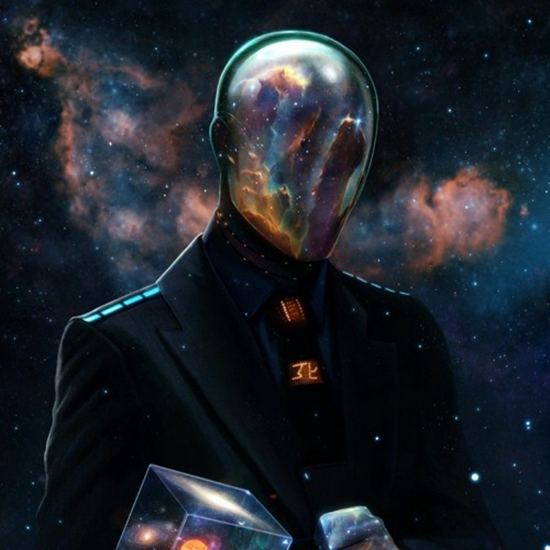Identifying as the Universe: A Journey Beyond Labels
Written on
Chapter 1: Beyond Labels
In our quest for identity, we often define ourselves through a myriad of labels: “I am a woman, a man, an Indian, an American, an Indian American, Caucasian, BIPOC, Hindu, Muslim, Catholic…” Each of these classifications, while meaningful, can restrict our experience as conscious beings navigating a finite existence. Reflecting on our evolution and the pursuit of a better quality of life is an essential aspect of our journey. This pursuit may involve enhancing our species' longevity or seeking spiritual growth that helps transcend present suffering.
Every advancement we strive for aims to alleviate the pain inherent in existence. However, the attachments we form to various identities can hinder this process. History shows that conflicts often arise from allegiance to specific religions, nations, philosophies, or ideologies. While many advocate for the elimination of animosity to achieve peace, it is crucial to address the root causes of these conflicts. Commonly, people point to religion and ideology as the primary instigators of war. Yet, I challenge this notion, particularly the idea that religion has been more harmful than beneficial. Before the dawn of civilization, life was short and arduous. All living beings are here to progress, and thus our experience of life inherently involves questioning our surroundings, including our own existence. Religion often arises from this inquiry, offering individuals a framework for understanding and discipline.
Over time, however, the essence of religion can become obscured, morphing into rigid dogma. The more individuals adhere to a belief system, the more commonplace it may seem. The interpretation of “God” varies widely; for one, God may manifest in nature, while another perceives God as a supreme entity in a higher realm. Ultimately, these interpretations serve as coping mechanisms for life's challenges. By attributing “fate” to a divine power, individuals can relieve themselves of the burden of reality. Many prefer to offload their struggles onto a third party under the guise of faith, rather than confronting life's harsh truths.
The challenges arising from religious beliefs stem not from faith itself, but from a misunderstanding of its fundamental principles.
In Sanskrit, the phrase “Aham Brahmasmi,” meaning “I am that,” encapsulates the idea that our true essence transcends our physical form. This concept can be viewed through various lenses: theist, atheist, Buddhist, or spiritualist. Regardless of interpretation, the core message remains—each individual is more than the sum of their parts.

Chapter 2: The Nature of Existence
A lesser-known alternative to the Big Bang theory is the Steady State Theory, proposed by Siger of Brabant in the 13th century. He posited that the universe is eternal and had no beginning, a claim that was swiftly dismissed by the Pope due to its contradiction with the Book of Genesis. The Big Bang theory has since gained traction, supported by discoveries of cosmic background radiation and distant galaxies. Yet, the fundamental question of what initiated the Big Bang remains unresolved. The law of conservation of energy states that energy cannot be created or destroyed, leading to the paradox that matter emerged from nothing, stalling our understanding of the universe.
An insightful perspective shared with me suggested that the universe exists in a perpetual steady state, occasionally undergoing a Big Bang, which we perceive as our physical reality. Thus, the Big Bang can be interpreted as akin to our own birth—our entry into existence occurs through the perception of this physical realm via our senses. As Stewie from Family Guy humorously notes, it’s a temporal causality loop where we create the universe, and in turn, the universe creates us. It constructs a user interface, allowing us to engage with its creations in a comprehensible manner. What we perceive as reality is merely a façade; everything around us serves to illuminate what we are not.
Section 2.1: Understanding God and Ideology
When individuals grasp the essence of the “God” they worship or the “ideology” they embrace, the urgency for such affiliations diminishes. While one may continue to follow a belief or idea, the radical implications associated with them can be lessened. After all, what could be more profound than recognizing oneself as part of the universe?
So indulge in life—take that nap, skip that class, and occasionally stray from your diet. Enjoy the journey, for ultimately, nothing holds significance. We are brought into this world to experience life and death, so we might as well embrace joy in the process.
~ an optimistic nihilist’s perspective